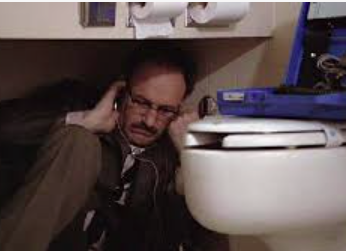


Is It a Good Idea to Tape Record Another Individual? And Just Because You Can, Should You?
Whether you’re an attorney, a medical professional, counselor, CEO or friend, is it legal for you to tape record your conversation with someone else? And even if it’s legal, should you?
Years ago, if you wanted to record a conversation on the phone or in-person without telling the other individual, you had to spend hundreds of dollars ordering equipment from a “spy store.” Nowadays, with legalities aside, anyone with a smart phone in their pocket can hit RECORD on an app, which is why we often remind our clients to assume that all phone calls and in-person conversations are being recorded. Put another way, if you don’t want to see it in print, on the web, TV or in the newspaper, don’t say it.
As always, we warn that we’re not offering legal advice and we urge you to consult your own attorney before doing any taping. That said, let’s see what attorney Joel Cohen, writing for Bloomberg Law, has to say on this subject:
President Donald Trump, as all the world now knows, was secretly recorded Jan. 2 by someone on Trump’s call with Georgia’s Secretary of State Brad Raffensperger (R), who was accompanied by Ryan Germany, a lawyer representing Georgia’s secretary of state office. The president was accompanied, apparently, perhaps in different locations, by lawyer Cleta Mitchell and Chief of Staff Mark Meadows.
This article is not about the propriety of what the president was seeking to accomplish in making the call, or the politics of the efforts of the participants on both sides. That’s a subject for another day, and for other commentators. Rather, this is about the propriety—and, indeed, legality—of Raffensperger taping or authorizing the call’s taping, and what it might mean for others who might be inclined, for whatever reason, to secretly tape another individual or individuals, over the phone or in person.
For the rest, please click here.